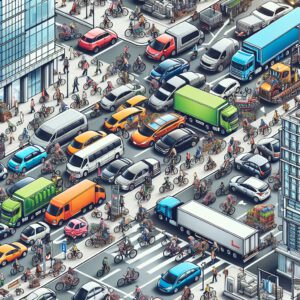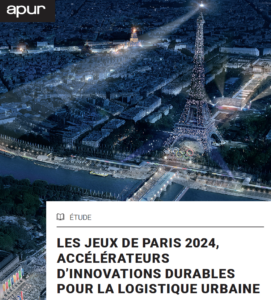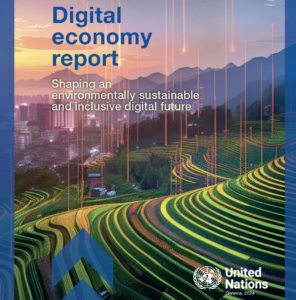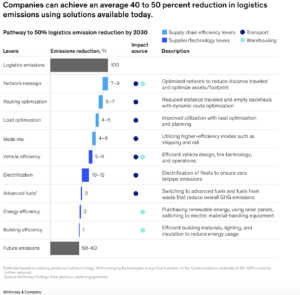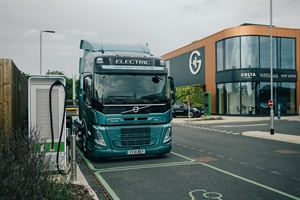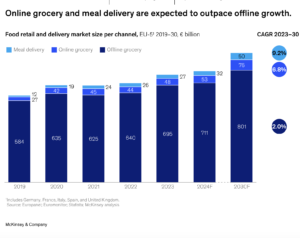McKinsey: how batteries will drive the zero-emission truck transition
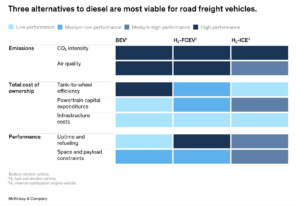
According to McKinsey, battery electric vehicle technology will be key to reducing road freight emissions and achieving global climate targets. The McKinsey analysis emphasizes the need to reduce CO2 emissions from road freight vehicles, significantly contributing to global emissions. The best way to achieve this is by transitioning from combustion engines powered by fossil fuels …

